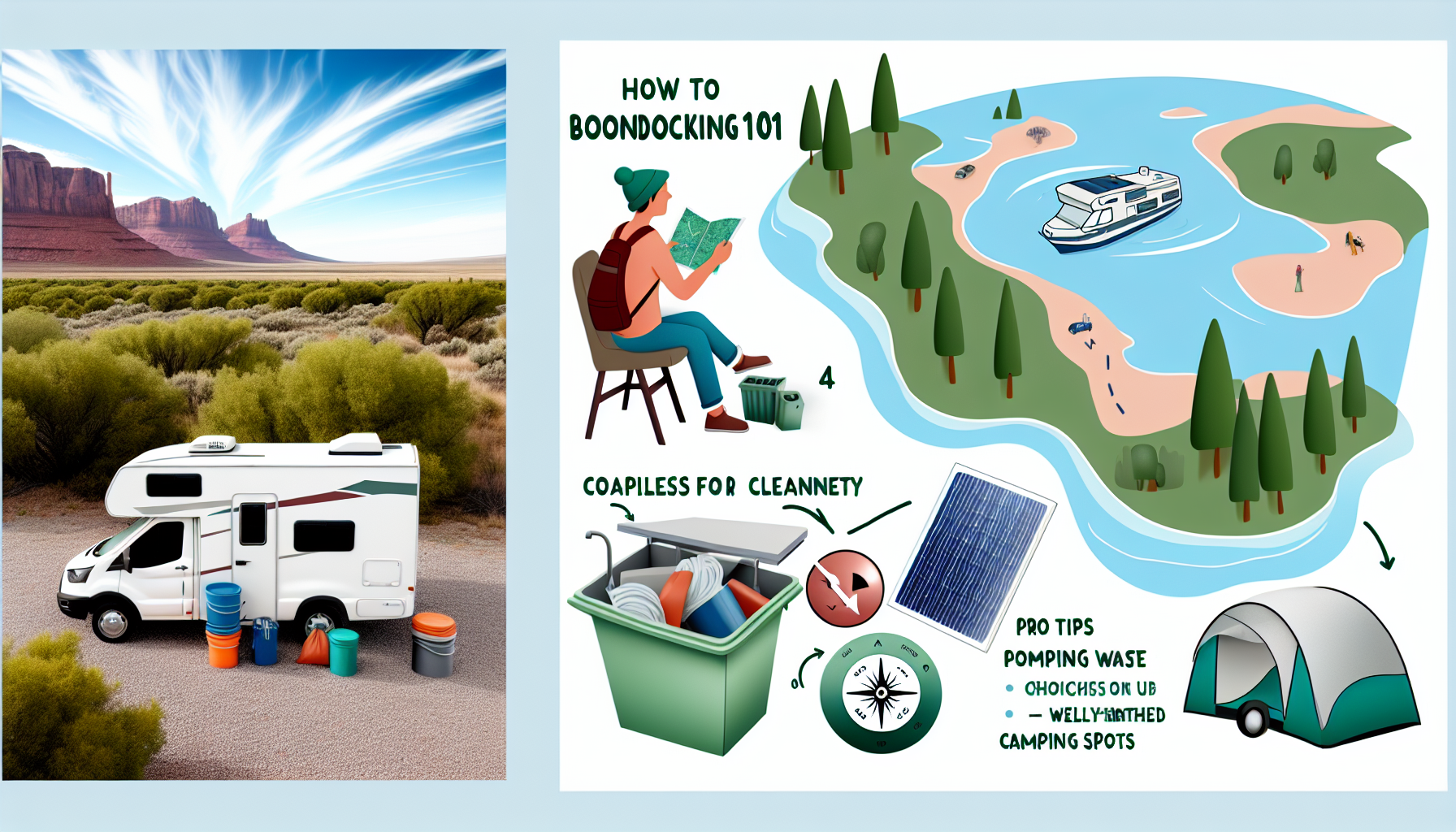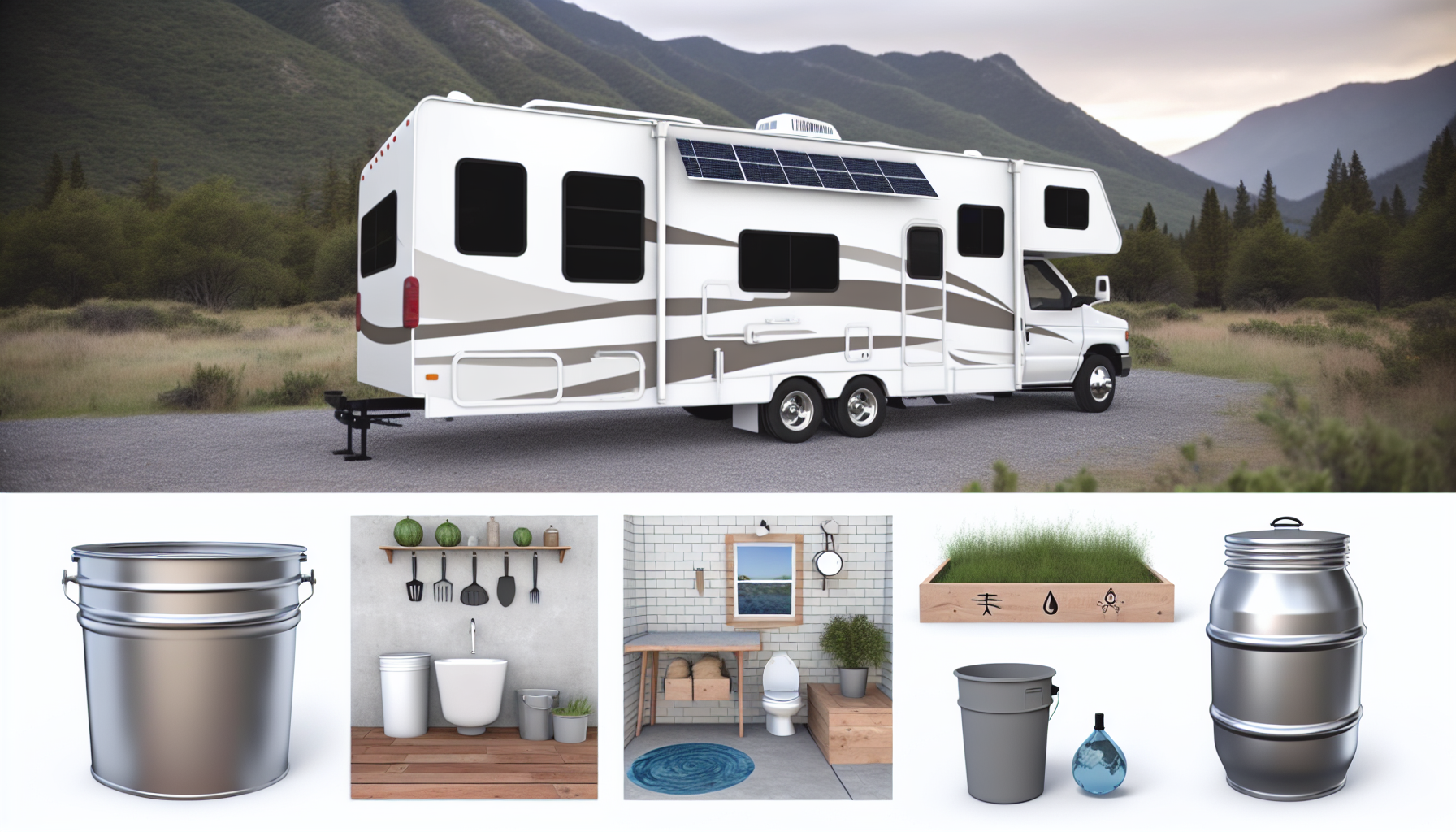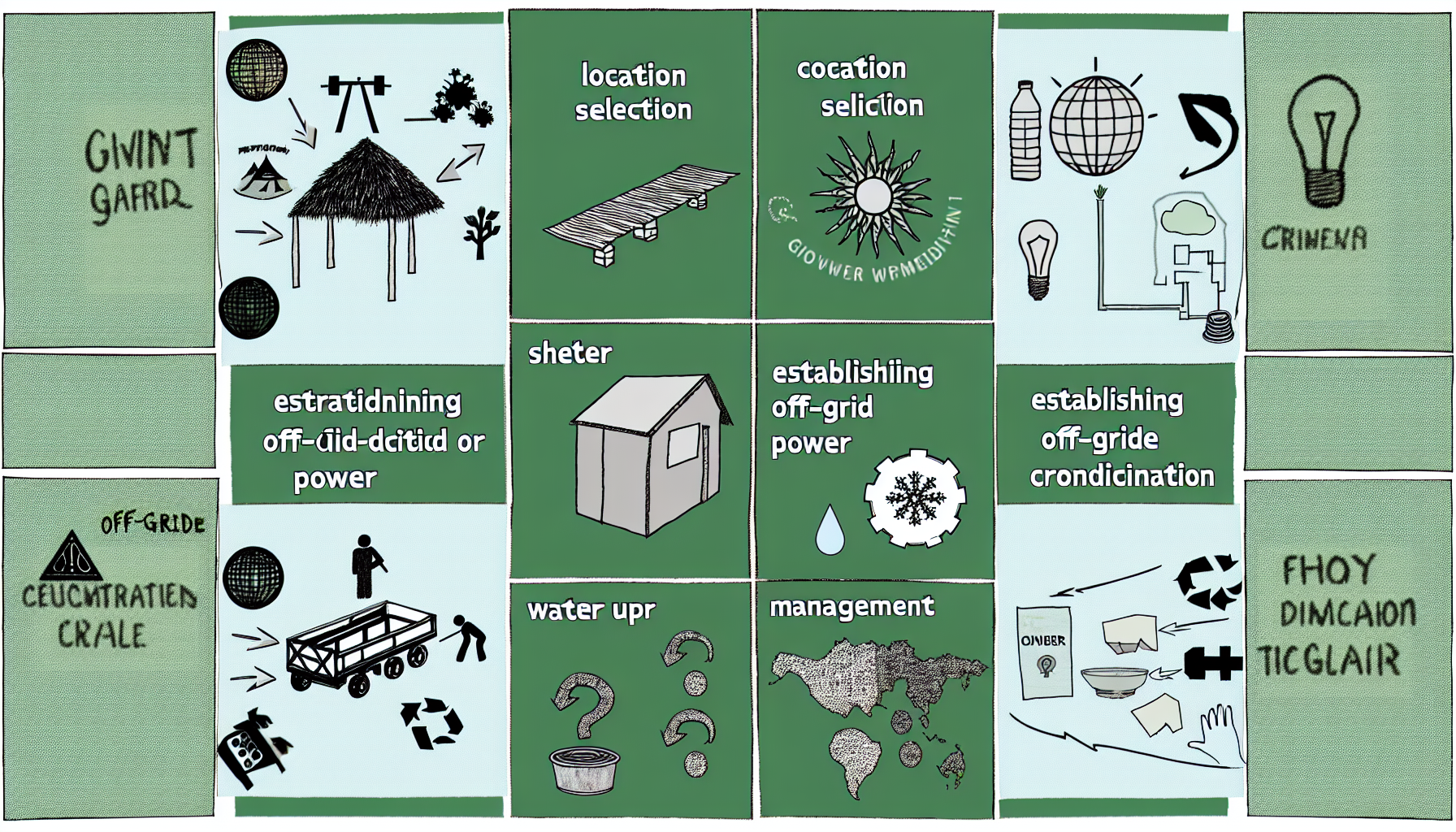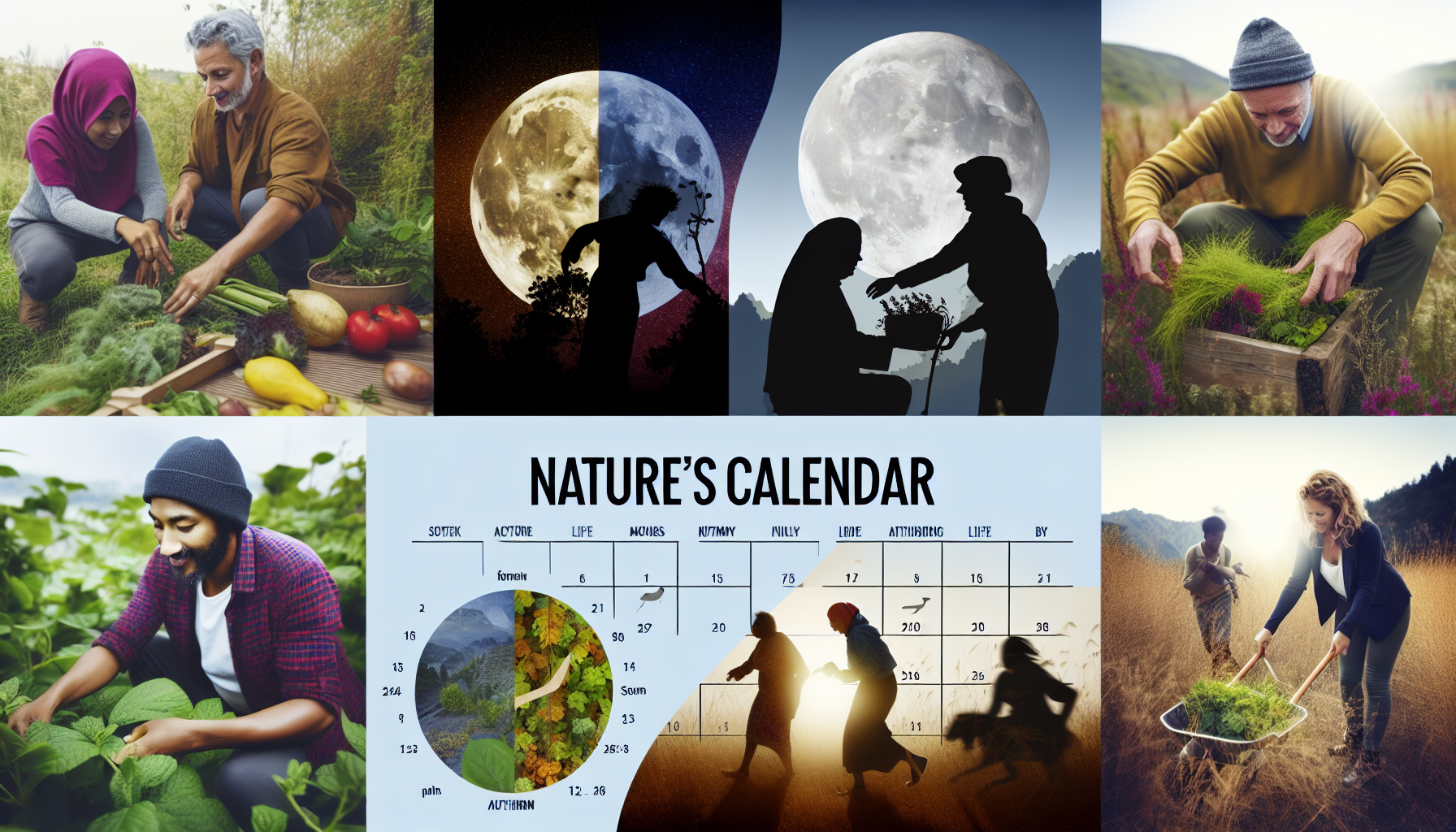When the Stars Become Your Ceiling
On a crisp autumn night in the Nevada desert, a small group huddles beside a glowing campfire. Their gazes are fixed skyward, where the Milky Way stretches like a river of light across the ink-black sky. There’s no city hum, no artificial glow—only the sound of wind brushing across the canyon and the occasional gasp as shooting stars streak overhead. This isn’t just camping. This is astro-camping—where cosmic wonder meets wilderness retreat.
What began as a niche hobby for amateur astronomers is now capturing the imagination of campers worldwide. Astro-camping combines the serenity of outdoor living with the awe of celestial observation. Fueled by rising interest in space, technology, and eco-tourism, more travelers are seeking locations where they can sleep beneath a sky full of stars—and truly see them.
The Allure of Dark Sky Retreats
Certified Stargazing Sanctuaries
Astro-camping relies on one key ingredient: darkness. Fortunately, the International Dark-Sky Association (IDA) has made it easier to find prime stargazing destinations. These certified dark-sky parks, reserves, and communities are recognized for their low light pollution and commitment to preserving the night sky.
Top-rated spots include:
- Big Bend National Park, Texas – Boasts some of the darkest skies in the continental U.S.
- Cherry Springs State Park, Pennsylvania – A stargazer’s haven with regular astronomy programs.
- Jasper Dark Sky Preserve, Alberta – Canada’s premier celestial viewing location.
These sites not only offer stunning views, but also help protect nocturnal wildlife and promote eco-conscious travel.
Guided Night Sky Experiences
Learning the Cosmos, One Constellation at a Time
Many astro-camping destinations now include guided astronomy tours. Park rangers, astronomers, or certified guides lead small groups through the night’s celestial highlights—whether it’s identifying constellations, tracking satellites, or watching meteor showers.
Some experiences also feature:
- Laser pointer tours of the sky
- Cultural storytelling tied to star lore from Indigenous or ancient civilizations
- Night photography workshops for capturing long-exposure star trails
These programs make the cosmos more accessible, especially for families and beginners.
Telescope Rentals and Tech Tools
Bringing the Universe Closer
You no longer need to own a telescope to enjoy astro-camping. Many parks and campgrounds now offer telescope rentals or even on-site observatories. Some provide high-powered scopes with automated tracking, so even novices can spot Saturn’s rings or Jupiter’s moons.
Smartphone integration has also improved the stargazing experience. Top-rated stargazing apps include:
- SkySafari – Offers real-time sky charts and telescope control.
- Star Walk 2 – Uses augmented reality to identify stars and satellites.
- Night Sky – Ideal for iOS users, with detailed celestial overlays.
These tools help you make the most of your night under the stars, whether you’re a casual camper or a budding astrophotographer.
Tips for Planning a Stellar Astro-Camping Trip
Make the Most of Your Celestial Getaway
1. Choose the Right Time
Avoid full moons and check meteor shower calendars. New moons and clear skies offer the best stargazing.
2. Pack Smart
Bring red-light headlamps (to preserve night vision), warm clothing (temperatures drop sharply at night), and reclining chairs or sleeping pads for comfortable viewing.
3. Book Early
Dark-sky parks often limit entry to protect the environment. Reserve campsites and guided tours well in advance.
4. Go Off-Grid
Leave distractions behind. Turn off your phone (except when using stargazing apps) and embrace the quiet.
5. Be Respectful
Follow Leave No Trace principles. Keep noise and light pollution to a minimum to protect the experience for others—and for the wildlife.
Why Astro-Camping is More Than Just a Trend
Astro-camping reflects a broader desire to reconnect—with nature, with the cosmos, and with a sense of awe often lost in modern life. Whether you’re lying under a blanket of stars or catching your first glimpse of Saturn through a telescope, the experience is humbling and unforgettable.
As technology enhances accessibility and awareness grows about preserving dark skies, astro-camping is poised to become a mainstay of adventure tourism. So pack your gear, download your star maps, and head into the dark—where the universe is waiting.
Further Reading & Resources
Learn about certified dark-sky places and how to reduce light pollution.
Explore stargazing events, park recommendations, and night sky preservation efforts.
A great resource for new amateur astronomers on equipment and skywatching basics.
Keep track of upcoming meteor showers and peak viewing times.








